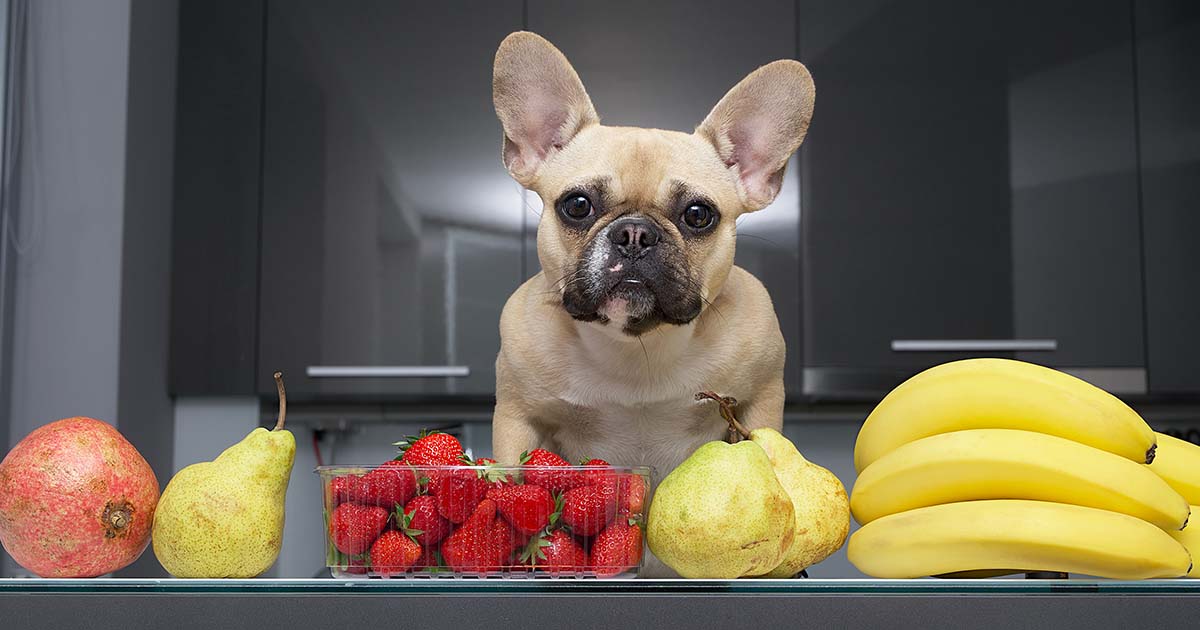
Just like us, dogs enjoy snacking on some fruits! Most berries and drupes (fruits with a pit) are generally safe for dogs, however, there are some fruits that are NOT safe for your dog to consume.
Here are a few essential things every responsible dog owner should consider before feeding any kind of fruit to your dog:
- The big NO’s are apple seeds, grapes, avocado, cherries, and green flesh of a tomato
- Always pay attention to how your dog reacts when trying any new food, including fruit
- While some fruits may be safe for dogs in general, a particular fruit may upset an individual dog’s stomach
Fruits Dogs Cannot Eat: The Big No’s
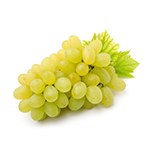
Can dogs eat grapes?
Dogs should not be given grapes. Grapes are extremely dangerous for all dogs, regardless of breed, sex, or age. Grapes can lead to kidney failure, and just a single grape has been proven to be toxic enough to be fatal for dogs. If you suspect your dog has ingested grapes, call your vet immediately.
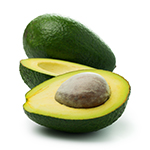
Can dogs eat avocado?
An avocado is not safe for dogs. They contain a toxin called persin that can lead to vomiting and diarrhea.
- All parts of the avocado contain persin, however the pit and peel contain the most.
- It usually takes a large amount of persin to become poisonous to dogs, however there is still a risk of intoxication at lower doses.
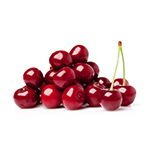
Can dogs eat cherries?
Cherries are not safe for your dogs to consume as they contain cyanide in their pits, leaves, and stems, which could be potentially hazardous to your dogs. The pits of a cherry may also be a choking hazard.
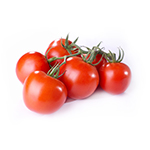
Can dogs eat tomatoes?
While the red flesh on the surface of a tomato is fine for your dog, the green flesh is not. For this reason, it is recommended that you play it safe and avoid giving your dogs tomatoes altogether.
What if your dog accidentally eats a tomato? Don’t panic, but do keep an eye out for the following signs and contact your vet if you notice any of these symptoms:
- Upset stomach (diarrhea, vomiting)
- Loss of coordination
- Tremors/seizures
Refer to the Common Pet Poisons Guide or call your veterinarian if you have any questions.
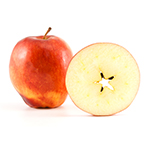
Can dogs eat apples? Yes, but not the seeds!
While the flesh of apples are safe to feed your dog, the seeds and core of an apple are not. Apple seeds contain small amounts of cyanide which can be deadly in large enough quantities. Furthermore, the core is just difficult for your dog to digest. So, cut your apple into bite-size portions and remove the seeds and core material. On hot days, you can even freeze your cut-up pieces for the added benefit of cooling off your dog’s hot mouth.
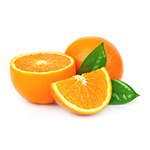
Can dogs eat oranges? Yes, but not the peel.
It’s okay to give your dog the inside of an orange, but it is best to not give them the orange peel as it is hard for them to digest. While oranges are high in vitamin C and potassium, they should still be served in moderation to dogs. About half of one orange segment is the perfect size to give to your dog to avoid any stomach upset.
Fruits Dogs Can Eat
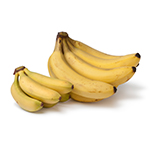
Can dogs eat bananas?
Bananas are safe, easy, and nutritious for your dog. They are high in potassium, vitamins, biotin, fiber, and copper, which are all beneficial for dogs. They are also high in sugar, making them very tasty and a good alternative to other special treats you give your dog. Give bananas in moderation due to their sugar content.
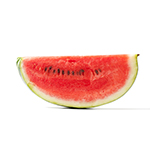
Can dogs eat watermelon?
Watermelon is a perfect low-calorie fruit for both your dog and you to enjoy together. It can keep your dog well hydrated and happy during a hot and sunny day. But do not let your dog eat the seeds or rind as both can cause some digestive issues for most dogs.
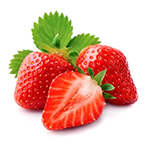
Can dogs eat strawberries?
Strawberries are high in sugar, so like bananas, they should be offered in smaller portions and served sparingly to your dog. Aside from their high sugar content, they are great for boosting the immune system due to their high levels of antioxidants.
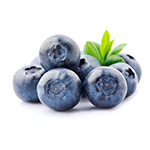
Can dogs eat blueberries?
Blueberries are a great fruit to reward your dog with! Blueberries are superfoods that are packed with antioxidants. Unlike some of the other safe fruit options, blueberries are actually low in sugar and fat, making them a great option for dogs that need to avoid additional calories. Similar to other safe fruits, blueberries are great to put in the freezer and serve as a refreshing snack on hot days!
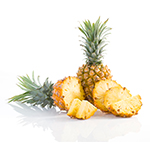
Can dogs eat pineapple?
Pineapples are a great treat for dogs to enjoy. Just make sure that both the crown and the peel of the pineapple are removed. Pineapples contain an enzyme called bromelain that allows protein to be more readily absorbed.
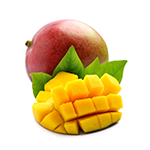
Can dogs eat mango?
Like most other fruits that include a pit, mangoes are generally safe for your dog to consume as long as your dog does not consume the pit which could be a serious choking hazard.
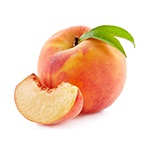
Can dogs eat peaches?
Fresh peaches and nectarines are safe snacks to reward your dog with, however, be sure to avoid canned peaches as they are filled with high fructose corn syrup and sugars. Also be sure to remove the pit from your fresh peaches!
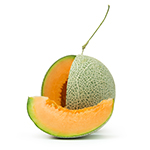
Can dogs eat cantaloupe?
Cantaloupe is a delicious and safe fruit to treat your dog with on a warm day! It is packed with nutrients and water, making it an extremely hydrating snack.
Friendly reminder: Cantaloupe is high in sugar, so limit how much you give to your dogs. Especially if your pup is or could be diabetic!
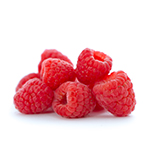
Can dogs eat raspberries?
Raspberries are safe for your dog to eat, however, only in limited quantities. Your dog should not be eating more than a cup of raspberries at once. Raspberries contain xylitol, which can be classified as a sugar alcohol.
Benefits raspberries provide your dogs:
- Antioxidants and vitamin C
- Believed to help fight age-related decline and cancer
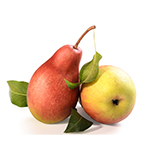
Can dogs eat pears?
Yes, dogs can eat pears! Just like other fruits that contain a pit, the pit needs to be removed as it can be a choking hazard. Pears have health benefits that include:
- Copper
- Vitamin C
- Fiber
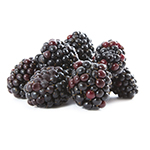
Can dogs eat blackberries?
Blackberries are packed with great antioxidants, fibers, and nutrients that are all safe for your dog to eat and enjoy in moderation.
Fun fact: blackberries are thought to have antioxidant properties that may facilitate proper oral hygiene for your pets.
Learn more about how important it is to brush your dog’s teeth and keep up with their oral hygiene by reviewing the 411 on brushing your pets teeth.
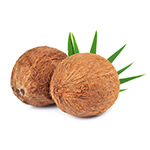
Can dogs eat coconut?
The short answer is yes, dogs can eat coconuts. The long answer may have you running to the nearest grocery store for your furry friend! Coconut oil has been proven to improve dogs’ coats, prevent infections, and aid hunger & digestion.
- Unsweetened coconut chips, coconut milk, and coconut paste are all safe options
- Tip: if your puppy has unpleasant breath, try using coconut oil to improve it!
Coconuts, as well as some unsweetened coconut products, have also been shown to improve overall dental care.
How to Feed Your Dog Fruit
The most important thing to remember when introducing new foods to your dog is to introduce them gradually, patiently, and watchfully. It is vital to monitor your dog as they try a new fruit and how they react afterwards.
Never continue giving your dog a fruit, or any food, that they either refuse or have adverse reactions to. If your dog is showing signs of digestive issues, vomiting, or diarrhea, it is recommended that you call your vet immediately.
You can try to introduce new fruits to your dog in small portions by cutting the fruits into bite-sized pieces for your furry friend. You can also mash the fruit and mix it in with their food if your dog does not show an interest in raw fruit.
Whether you want to enjoy a day off with your furry friends to enjoy a sunny day or want to reward them for great behavior at doggy day care, picking up some fresh fruit to snack on with your pup is a great idea!


